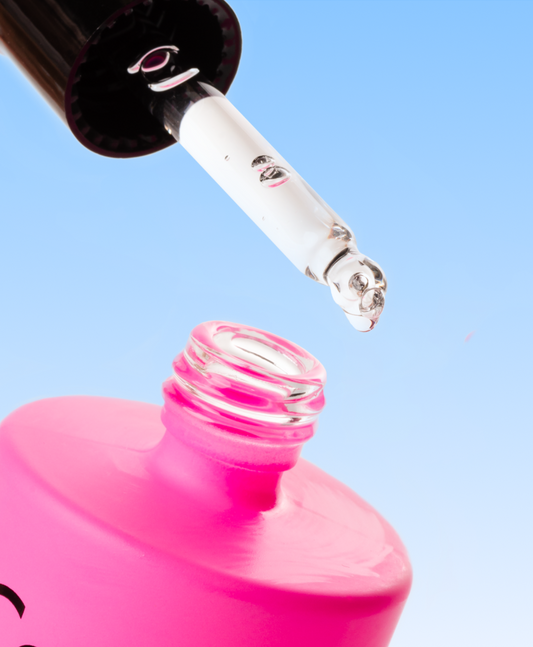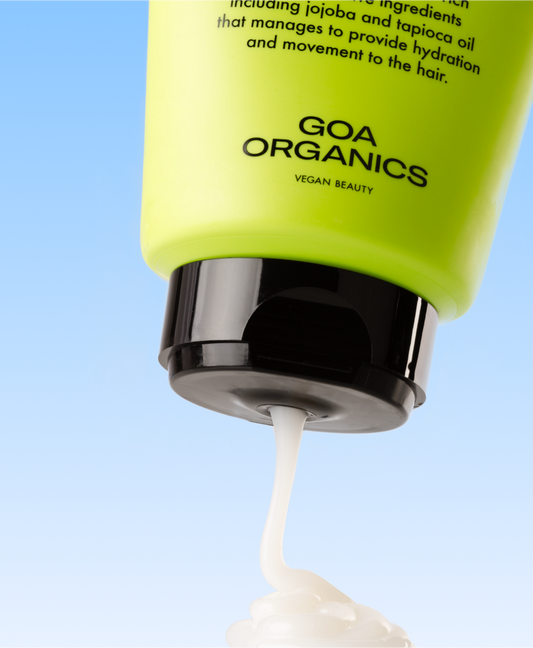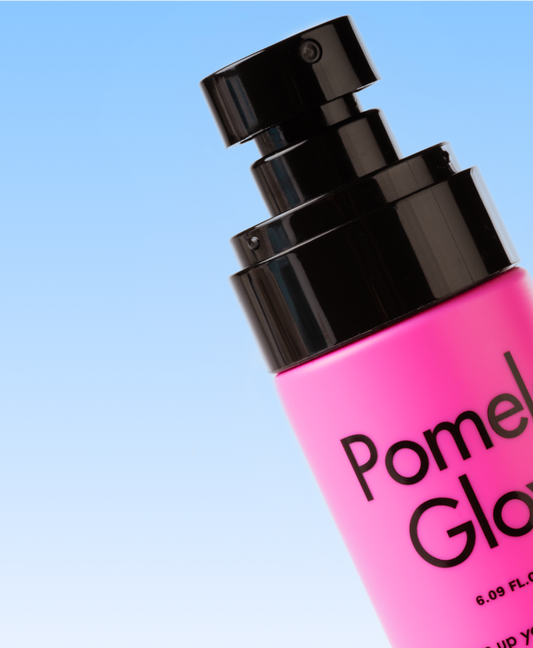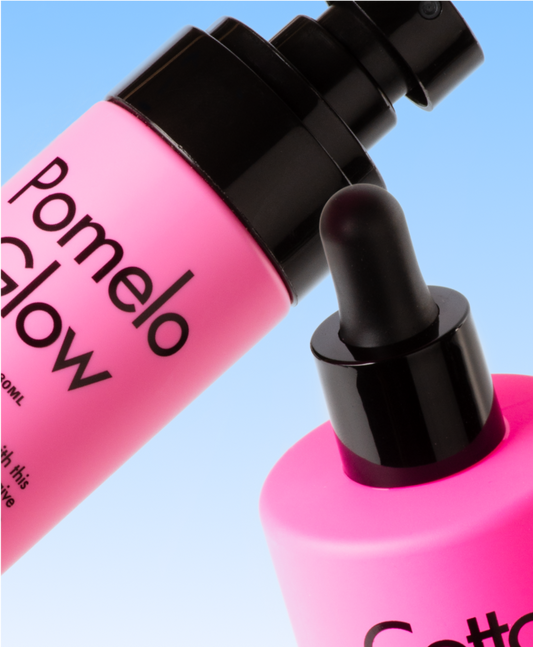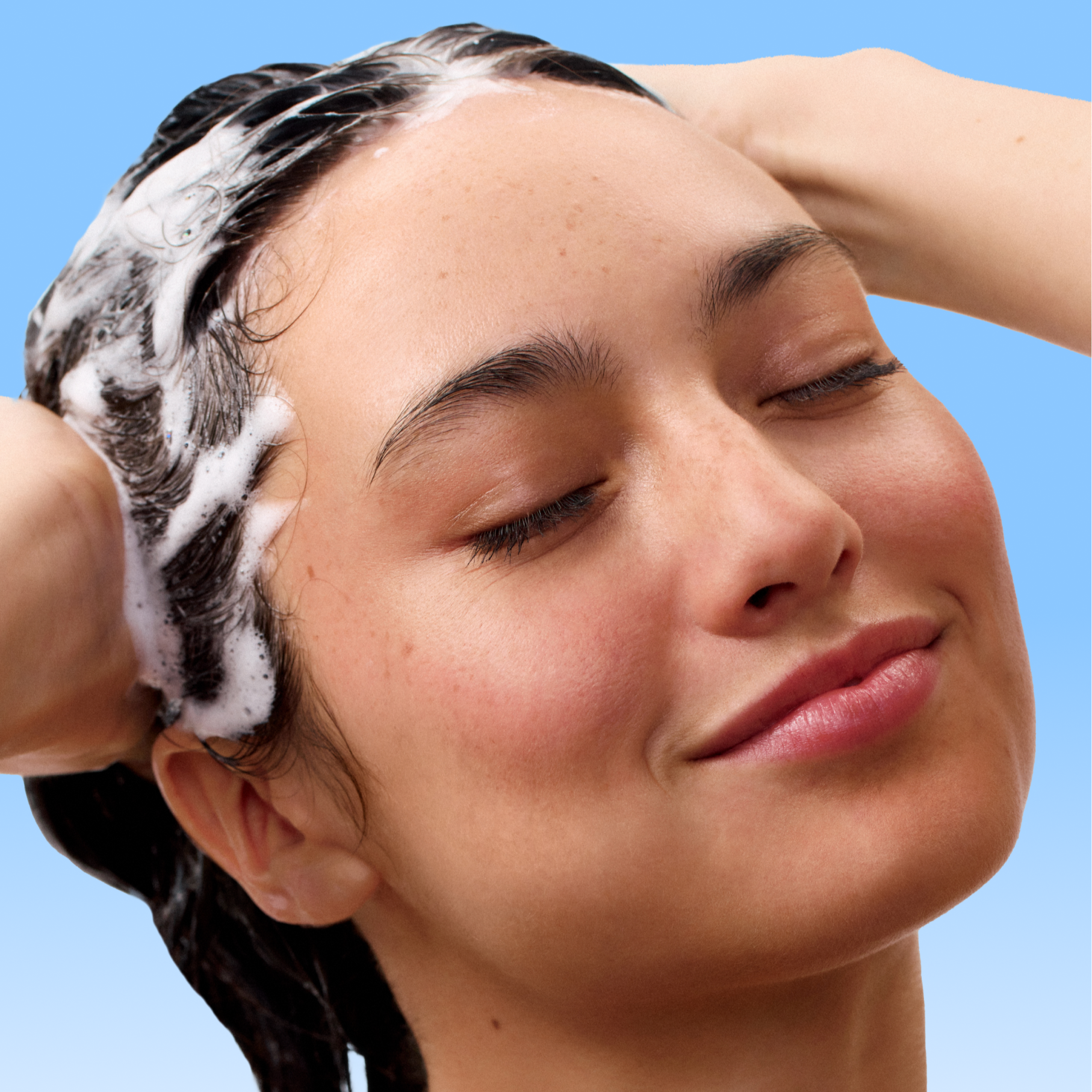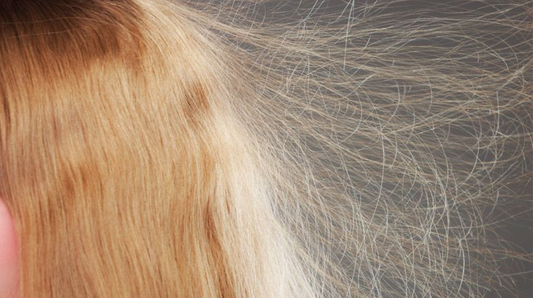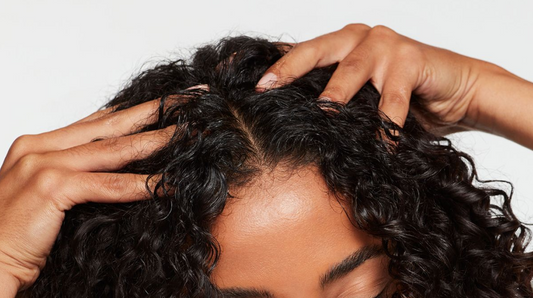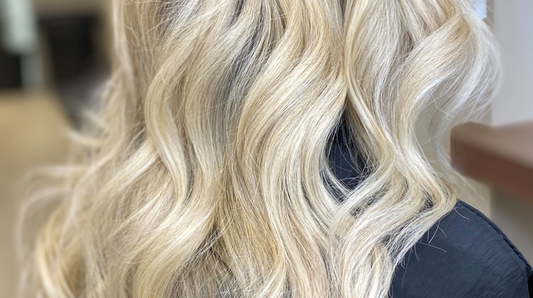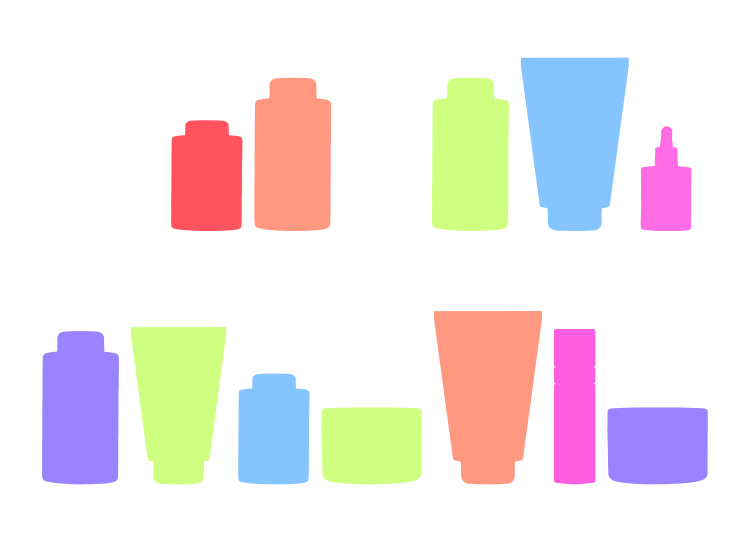In the world of hair cosmetics we can find many myths that we have been hearing for a long time. Fortunately, science allows us to disprove all those that are not real, and we learn to understand what hair is and how to take care of it properly.
One of these myths that we have been hearing for years is that it is necessary to change shampoo every 3 months, to prevent the hair from getting used to the cosmetic and stop getting its benefits. But the reality is that there is no scientific evidence that shows that hair gets used to the extensive use of a product.
We assume that hair is not a living organism, and therefore, it cannot become immune to the prolonged application of a shampoo. In fact, the prolonged application of a line of products adapted to our hair can cause its effects to accumulate over time.
So, is it good to change shampoos?
The answer is: it depends. It is not necessary to change shampoo just because "the hair gets used to it" (it is a myth), but it may be advisable when the needs of your mane change. For example:
-
If your hair goes from dry to oily, or from normal to sensitized, it is advisable to adapt the shampoo to its new characteristics.
-
If a specific problem appears, such as dandruff, irritation or excess oil, you can opt for a product formulated to treat it.
-
If you notice that your hair is losing shine or volume, you may need to alternate with a purifying shampoo that removes residues and revitalizes your hair.
How often should you change shampoos?
There is no set rule for how often to change shampoos. The important thing is to listen to your mane and scalp:
- If your current shampoo is working for you, there is no reason to replace it.
- If your hair needs different benefits (more hydration, oil control, color protection...), then it is a good time to change.
- Alternating products is also valid: for example, combine a moisturizing shampoo with a purifying shampoo for a more complete care.
What if I always use the same shampoo?
There is absolutely nothing wrong. The hair does not lose the benefits of the product and does not become "immune". What can happen is that:
-
You get used to the results and stop perceiving them as spectacular.
-
You accumulate styling residues that a sulfate-free shampoo does not completely remove → in that case, it is advisable to deep clean from time to time.
-
You have solved an initial problem (e.g. extreme dryness) and you no longer perceive the same effect because your hair is in better condition.
Is it good to alternate shampoos?
Yes, it can be a useful strategy. Alternating different shampoos allows you to give your hair complementary benefits. Examples:
- A purifying shampoo for oily roots and a nourishing shampoo for dry ends.
- A treatment shampoo (anti-dandruff, detox, etc.) combined with a more gentle frequent use shampoo.
However, if you use a specific shampoo (e.g. anti-dandruff shampoo with active ingredients), do not alternate it with a conventional shampoo, because you will lose the effectiveness of the treatment.
What happens if I use different shampoos?
There is no problem in using different shampoos according to your needs. It can even be beneficial, as long as they are well selected and respectful of your hair type.
The key is that the products are adapted to you: sensitive scalp, color-treated hair, curls, oily tendency... Each shampoo should add value to your routine.
Now you know that your hair does not get used to the shampoo and it is not necessary to change it as a matter of routine. Change it only when there is a real need or when you want to add extra benefits by alternating formulas.
At GOA we go for vegan shampoos, free of sulfates and silicones, formulated with natural ingredients that take care of both your hair and your scalp. So you can be sure that no matter which one you choose, you'll always be giving your hair the best.
